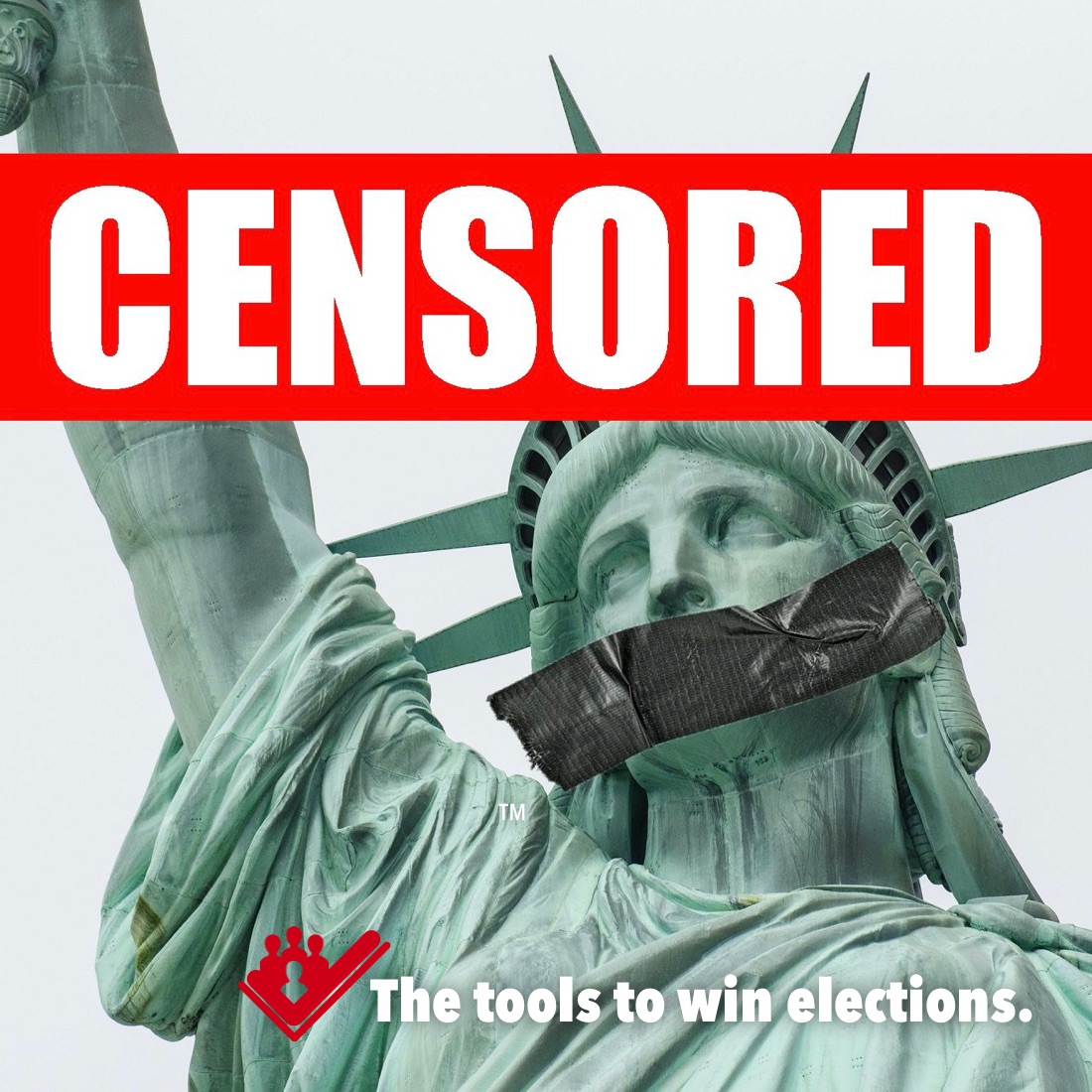In a significant ruling, the US Supreme Court declared on Friday that elected officials are not permitted to delete posts or block users from their "official" social media pages. This decision has far-reaching implications for politicians navigating the digital landscape.
The Court clarified that when it's unclear which social media account is "official" and which is "personal," and elected officials make posts that could be interpreted as "state action," stringent regulations prohibiting censorship on social media platforms come into play.
According to the Court's holding in Lindke v. Freed (22-611, 2014), "A public official who prevents someone from commenting on the official’s social-media page engages in state action under §1983 only if the official both (1) possessed actual authority to speak on the State’s behalf on a particular matter, and (2) purported to exercise that authority when speaking in the relevant social-media posts."
The Court emphasized that for social media activity to constitute state action, an official must not only have state authority but also purport to use it. The absence of a designation as either "personal" or "official" on an elected official's page could lead to legal ramifications.
In its ruling, the Supreme Court accentuated: "For social-media activity to constitute state action, an official must not only have state authority, he must also purport to use it. If the official does not speak in furtherance of his official responsibilities, he speaks with his own voice. Here, if Freed’s account had carried a label—e.g., 'this is the personal page of James R. Freed'—he would be entitled to a heavy presumption that all of his posts were personal, but Freed’s page was not designated either 'personal' or 'official.'" (emphasis added).
Therefore, all elected officials are strongly advised to promptly identify their social media pages as either "personal" or "official." This distinction is crucial in maintaining a balance between personal and public presence on social media platforms, while safeguarding against potential lawsuits.
To comply with the ruling, elected officials and candidates are urged to add a clear "bio" line on their personal pages, explicitly stating their non-involvement in state actions. A specialist in navigating the political social media landscape, Liana Pedroso, President of HashtagPR.Agency, stressed, "Although the Supreme Court's decision is limited to elected government officials, I would encourage even candidates to provide a disclosure on their personal social media pages. For elected officials and candidates, this 'bio' statement would be appropriate: 'The personal page of Filipe Pedroso.' If you're elected, add 'No state action nor posts within representative capacity,' but for candidates use, 'No posts made in the capacity of a candidate for elected office.'
On official campaign or public discourse pages, the "bio" section should unequivocally identify the page as "official." Pedroso added, "On the campaign pages or official elected officials' pages, add clear language stating so, such as 'The official page of Senator Jane Doe' or 'The official page of Jane Doe for Senate'. Make sure to have these two distinctions between 'official' and 'personal' social media pages."
Once an "official" social media page is established, censorship of comments or user blocks is strictly prohibited.
These measures, delineating between "personal" and "official" pages, provide a framework for political figures to navigate social media while upholding legal obligations. Elected officials and candidates are encouraged to seek guidance from campaign consultants and legal counsel to ensure compliance with the law set forth in Lindke v. Freed.
EXPERT HIGHLIGHT:
NEED HELP MANAGING POLITICAL SOCIAL MEDIA?
Liana Pedroso
SOCIAL MEDIA • PUBLIC RELATIONS • DAMAGE CONTROL • WEB DESIGN • EVENT PLANNING
President, HashtagPR.Agency
liana@hashtagPR.agency
848-318-0008

About VoterMaker Inc.
VoterMaker, a USA-based company founded and led by Filipe Pedroso, Esq., offers the world’s most comprehensive solution for effective voter data management, campaign organization, and voter messaging. With a focus on connective messaging and successful message delivery, VoterMaker equips campaigns with powerful tools for raising funds, organizing campaigns, delivering effective messages, and engaging voters. As the most complete voter management and contact solution available, VoterMaker's platform integrates data analytics, cost-effective delivery methods, and innovative technology to optimize campaign operations and increase the chances of success.
# # #
Filipe Pedroso, the founder and CEO of VoterMaker Inc., is available for interviews. Please contact Liana to schedule.
VoterMaker's webpage: https://votermaker.com
Media Contact:
Liana V. Pedroso, Dir. of Corp. Communications & Public Relations, VoterMaker Inc.
(551) 202-8008 Extension 4077
press@votermaker.com
Other images:
Above: VoterMaker™ logo.

